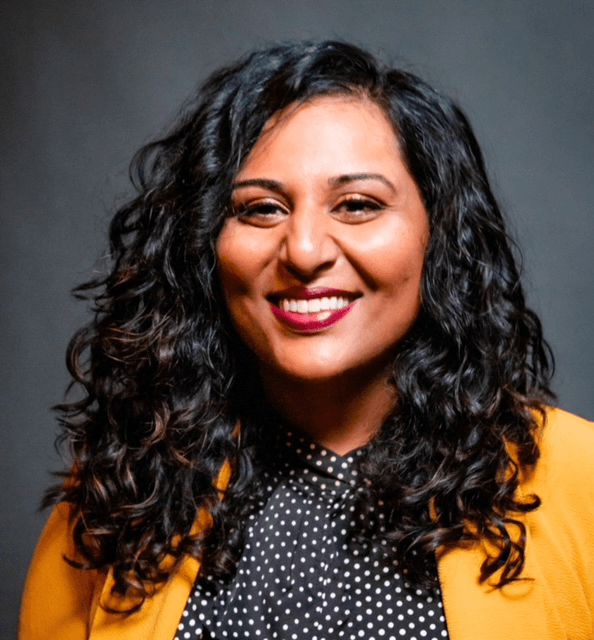We caught up with the brilliant and insightful Mahima Mohan a few weeks ago and have shared our conversation below.
Mahima, we’re thrilled to have you on our platform and we think there is so much folks can learn from you and your story. Something that matters deeply to us is living a life and leading a career filled with purpose and so let’s start by chatting about how you found your purpose.
I often say I didn’t find my purpose, and that my purpose found me. For most of my adult life, I looked at the idea of purpose from the lens of what I would gain and only the impact on myself. I also held a more limited view by solely considering purpose from a career standpoint. It has only been in the last few years that I was able to understand purpose as a journey, and to identify my purpose as a healer.
I think I always inherently knew that I would be in a role of helping people, though where I landed is not what I had planned. Even as a child, I would have deep feelings about things I’d see in the world. I would ask questions to understand the disparity in people’s experiences and felt so moved to help. I vividly remember the deep sadness I experienced in 1st grade when I learned about homelessness, and I spent many days trying to come up with solutions. It didn’t stop there—I had also claimed that I would free all animals from captivity, get everyone the medical care that they need, and build homes in different countries. Though I obviously couldn’t solve these global issues, the compassion and empathy I felt outwardly then still reigns true for me today.
My parents also always promoted the concepts of altruism and giving back to community. Growing up, we would spend many holidays gathering groceries to donate to shelters or food banks, volunteering at our temple, and hosting those who didn’t have family to be with. Of course, as a child, sometimes I didn’t want to spend our time doing these things, but I would always feel better afterwards knowing we helped. My father also encouraged learning about others and honoring our differences. I went to private school for several years despite not being Christian or Catholic, and one day I asked him, “Why am I going to school for a religion we don’t even practice?” His response was simply, “why not?” From there we talked about the various religious and cultural texts he had read solely to learn. That quick exchange was enough to instill open-mindedness and curiosity about experiences outside of my own.
When I was preparing to go to college, my plan was to follow many of my family members’ footsteps by going into medicine. Some part of me must have known that wasn’t my path as I left my major undeclared while taking those science courses. I quickly discovered that not only was it challenging for me, I also had no interest in what I was learning. I continued to push through for almost 2 years, and then decided to take a Psychology course to fulfill my general education requirements. I was hooked. I continued to take more classes in that field and found myself motivated and invested, which was severely lacking until then. I made the decision to claim that as my major and continued my career journey by getting my master’s degree in Counseling/Marriage & Family Therapy. During my graduate program, I had initially intended on working with children to help them have a voice in navigating challenges. Though I started my first internship at an elementary school, the options for my second internship were slim, and I ended up at a rape crisis center. I was terrified as I didn’t believe in my capacity to do that type of work, and it wasn’t what I planned. However, as I have learned on more than one occasion, life will have its own plans for us. Working at the rape crisis center greatly shifted my trajectory not only professionally, but personally as well. I ended up loving the work I was able to do, learned so much more clinically and about myself, and met some of my closest friends and current business partners there. I ended up continuing my training as a trauma specialist, and we now have run our own private practice and training center for 10 years.
As I’ve reflected on my path over the years, I’ve questioned what my purpose is many times and at points resigned myself to maybe never finding it. Though I’ve known that I’m a caring, nurturing, and supportive person, I was not able to connect that to what I’m meant for in this lifetime. Once I was able to recognize that my professional role isn’t separate from who I am as a person, I was able to identify that perhaps my purpose is rooted in those gifts, and has actually guided me here the entire time.
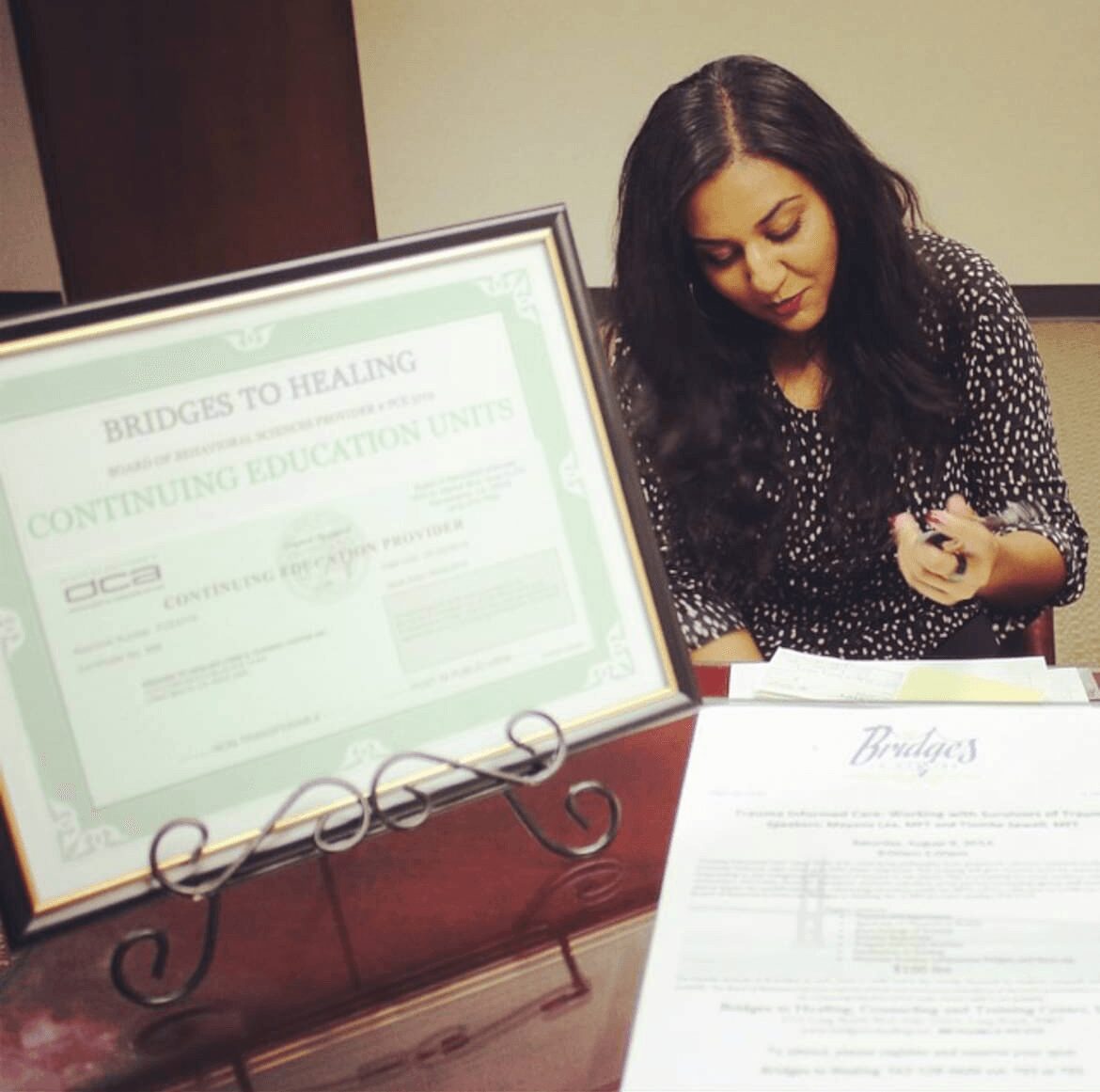
Thanks for sharing that. So, before we get any further into our conversation, can you tell our readers a bit about yourself and what you’re working on?
I’m a mental health therapist practicing in the states of CA, TX, WI, and MT. I’m one of the cofounders of Bridges to Healing, Inc., a counseling and training center based out of both Long Beach, CA and Dallas, TX. I identify as a Feminist therapist which is a theoretical framework I learned about through my experience at the rape crisis center. The word “feminist” often elicits strong reactions and questions, and it’s great to be able to debunk myths and/or preconceived notions around what that means in practice. First and foremost, feminist therapy utilizes a social justice framework and a trauma-informed lens. My primary goals as a provider are to establish safety and inclusivity for any client to explore their own individualized experience with their intersecting identities. I employ a collaborative approach where clients have agency in their treatment. A common saying I tell clients is that I have some expertise in my knowledge and skills, but they are the expert on their own experience.
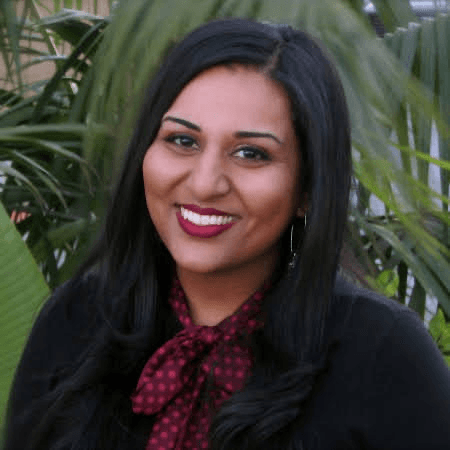
There is so much advice out there about all the different skills and qualities folks need to develop in order to succeed in today’s highly competitive environment and often it can feel overwhelming. So, if we had to break it down to just the three that matter most, which three skills or qualities would you focus on?
1) Much of our learning in life is experiential.
As someone who has always been a high achiever, I often struggle with not getting things “right” or dealing with an outcome that is different than what I planned for. I used to be really hard on myself for not knowing better or making what I perceived as a mistake. I had to grow into understanding that we can only plan for so much, and that part of our learning is in the real-time experience. Most of us try to plan out situations in our minds, such as hard conversations or how we’re going to navigate a social event, but don’t fully know what we’re walking into which means it’s impossible to be 100% prepared. If we can recognize that much of life is trial and error, it helps relieve some of the pressure we put on ourselves.
2) The rules we have for ourselves are often self-imposed and can be changed.
We tend to get attached to the visions we have for our lives and naturally compare ourselves to others. On many occasions, I’ve found myself feeling badly for not having met certain milestones or achievements that my peers or loved ones had. Societal norms and culture often influence the goals and/or rules we develop for ourselves, and they can lead us to believe we’re not at the place we’re supposed to be at in life. As I was able to give myself permission to have different “rules” than what I originally had for myself, and than what was expected of me or that I internalized, I felt empowered rather than inadequate.
3) When you don’t know what to do, do nothing.
As someone who is prone towards anxiety, I constantly give myself this reminder. Anxiety or uncertainty lead us to want to take action in order to appease the feeling of discomfort. However, trying to operate in that headspace can lead us to make decisions that are impulsive, hasty, or don’t ultimately align once we’re in a more grounded state. Most challenging situations aren’t urgent, and we deserve to feel solid in how we move forward in them. I encourage taking at least 24-48 hours to ride the wave of those emotions, and continue to check in with self to see if there’s more clarity around what feels best to do.
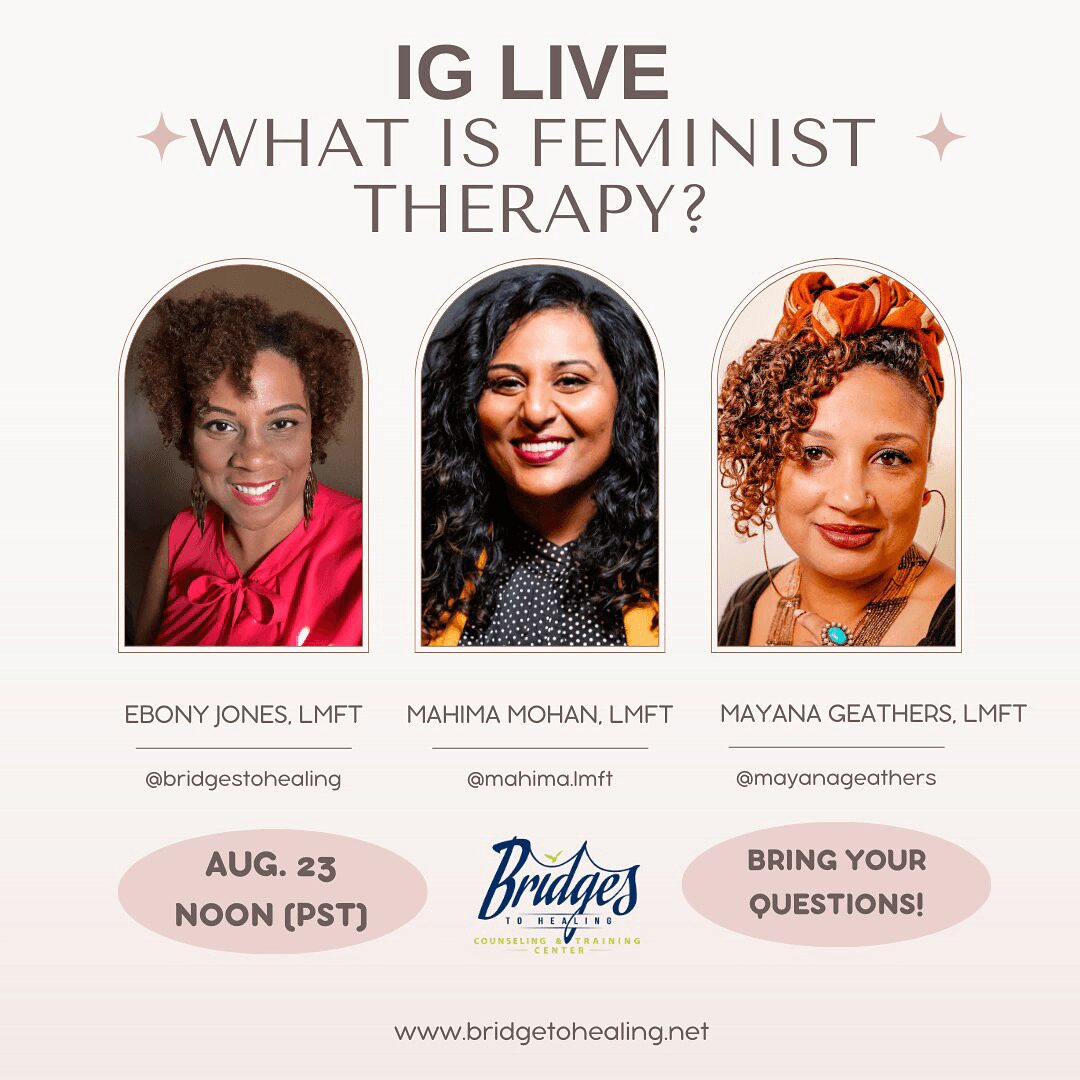
Any advice for folks feeling overwhelmed?
My natural tendency when feeling overwhelmed is to dive right into knocking out everything that I need to do. However, I’ve learned over the years that powering through things as such isn’t the most beneficial health wise, and I can often miss details or steps along the way. I’ve put effort into finding a balance of taking care of myself and my responsibilities, which still continues to be a work in progress. Here are some tips I’ve found to be helpful:
1) Do regular self check-ins: Ask yourself how you’re feeling both emotionally and physically, and try to identify what you have capacity for in that given moment or day. We run on autopilot 47% of the time without even considering our well-being, so it’s important to actually tune in to see where we’re at before taking on tasks or activities.
2) Put down what you can: A lot of our daily responsibilities are cyclical, such as doing the dishes, putting away laundry, and other household errands, which means they don’t end and we are constantly going to have to do them. Tasks like these are often not urgent, so assess what you can take off your plate for that day or week to create space for the time-sensitive things you have to handle.
3) Take breaks: This often feels counterintuitive when we’re overwhelmed since we want to get everything handled. However, this is when we need moments of pause and self-care the most. These breaks don’t have to be long or deeply intentional either. It can be sitting with your eyes closed in silence for 5 minutes, watching an episode of your current show, or taking a brief walk down your street.
4) Make a plan: Depending on what you’re dealing with, I find it often helps to do some planning around all that we have to do rather than jumping right in. I like doing “brain dumps” where I write or type out everything on my mind so that I don’t have to keep holding it, whether it’s a thought or task. From there, I can extract actual action items and start to schedule when to do them. This provides a sense of ease knowing it will get done rather than sitting in those overwhelmed thoughts.
5) Utilize your support system: Not only can you ask for help with the things you have to do, it can be helpful to simply voice the feelings you’re having or vent about the stress it’s bringing. It’s always nice to not feel alone in our experience, and you never know what suggestions or ideas the people in your life may have to help make things easier.
Contact Info:
- Website: https://www.mahimamohan.com/
- Instagram: @mahima.lmft
- Linkedin: https://www.linkedin.com/in/mahimamohan/
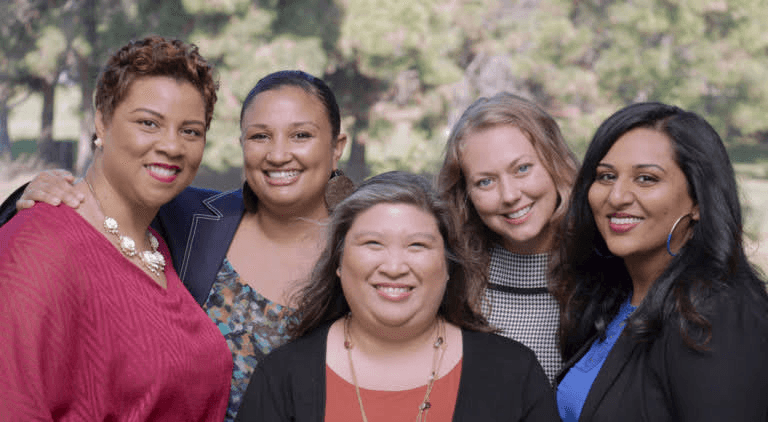
so if you or someone you know deserves recognition please let us know here.

